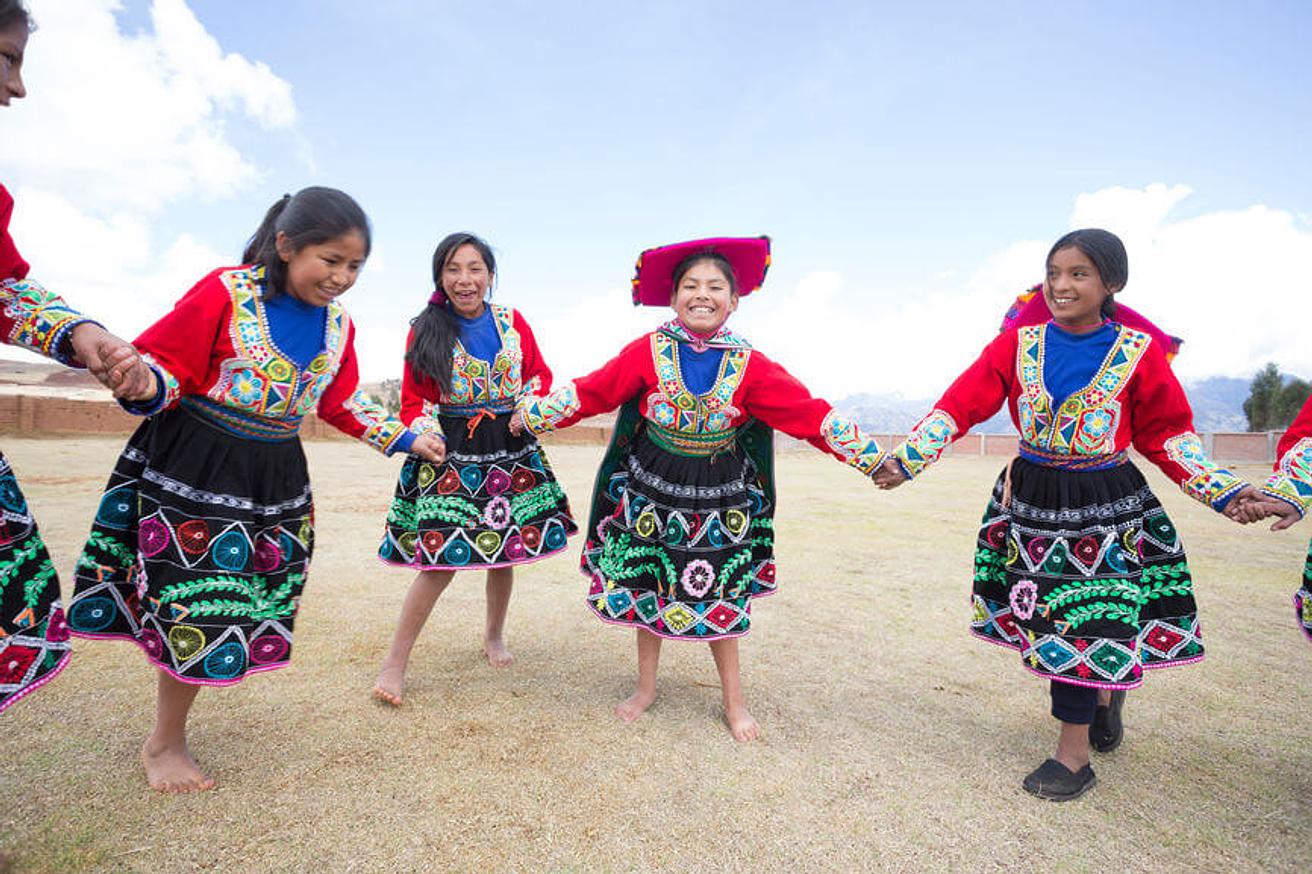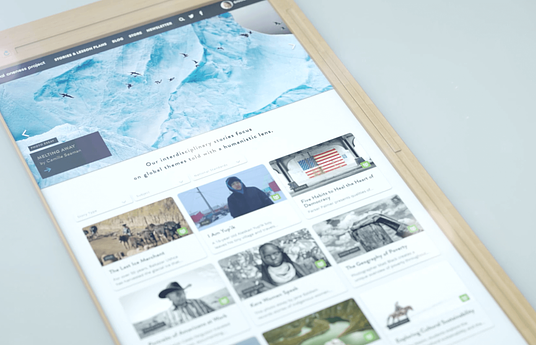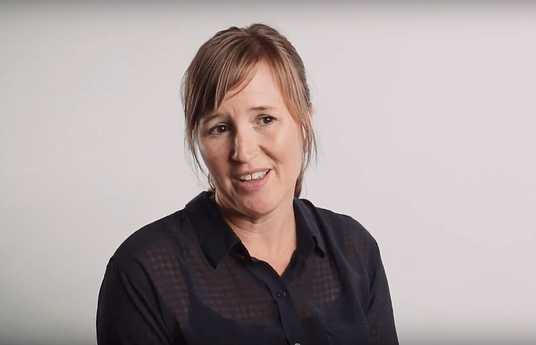Earlier this month, I traveled to the Green School in Bali, Indonesia to participate in their annual Sustainable Solutions festival. The festival gathered solution-oriented educators and organizations which aim to inspire, educate, and empower communities to live sustainably. The participants who attended the festival were local students, educators, non-profit organization leaders and Indigenous peoples from around the world. This year’s theme at the Sustainable Solutions festival was to connect to local, indigenous knowledge and wisdom and participants included local Dayaks native to Kalimanton, or Borneo, and natives from Australia, Canada, New Zealand, Uganda, and the United States.
I’m always looking for ways, through my work at the Global Oneness Project, to bring indigenous cultures in the classroom. Many of the films and photo essays on our website explore environmental and cultural sustainability, told through the lens of indigenous cultures. I shared a few of these stories during workshops and documentary screenings at the Sustainable Solutions festival and it was a pleasure to engage in lively discussions while learning a range of new perspectives which pointed towards one common goal: We need to work together to preserve our planet.
One of the films I shared was Counter Mapping, a Global Oneness Project film by Emmanuel Vaughan-Lee. The film introduces viewers to Jim Enote, a Zuni elder, farmer, and museum director. Enote works with Zuni artists to challenge western two-dimensional maps. The Zuni maps depict Zuni, New Mexico, through paintings based off geographical and historical events, stories, prayers, and ceremonies, challenging the idea of the purpose and function of maps and inviting viewers into the Zuni worldview. During the post-screening discussion, participants shared similar stories from their own cultures, revealing their own relationship to homelands, issues around land ownership, and the renaming of territories. Students expressed the need that we need to be connected to the land and recognized the importance of learning the origins of places.

A week after Sustainable Solutions, I participated in the 2nd annual International Indigenous Film Festival, held in Ubud, Bali, and screened our films Marie’s Dictionary, Counter Mapping, Yukon Kings, and A Thousand Suns. Co-founded by David Metcalf and Emmanuela Shinta, the festival’s theme this year was “stories that matter.” Shinta, a Dayak Ma’anyan from Central Kalimantan is also the founder of Ranu Welum Foundation, an Indigenous initiative started by young Dayak people to impact social change, activism, and community empowerment. Shinta said that she believes indigenous wisdom is the key to saving the planet. She described that “indigenous wisdom combined with skills and knowledge that we obtain from education is a very powerful tool to make changes to create a better future.”
The 40 films at the festival represented 14 countries from 25 filmmakers and covered a variety of topics, including: traditional knowledge and wisdom, climate change, connection and respect for the land, land rights, cultural preservation, forest preservation, the negative and positive uses of technology, as well as solutions. In describing the values and purpose of the festival, the founders quote John Pilger, an Australian writer and filmmaker. He said, ”The early British filmmakers believed the documentary should speak from below, not from above; it should be the medium of people, not authority. In other words, it is the blood, sweat and tears of ordinary people that gives us the documentary.”
The documentaries shared at the film festival represented voices and stories that are told from the heart. How can we value ancient cultures while we live in our modern world? This is an important question and was explored in each of the films screened at the film festival and at the workshops at the Green School. Stories have the potential to challenge our way of thinking and create new perspectives. There is a need for the world to hear indigenous stories, especially in the west when there are many misconceptions about Native people being people of the past. It is vital that students around the world learn from indigenous voices and consider how we can take action towards sustainable ways of living while being connected to our living world.
To know more, explore the innovation pages of Global Oneness Project and Green Educator Course by Green School Bali.


